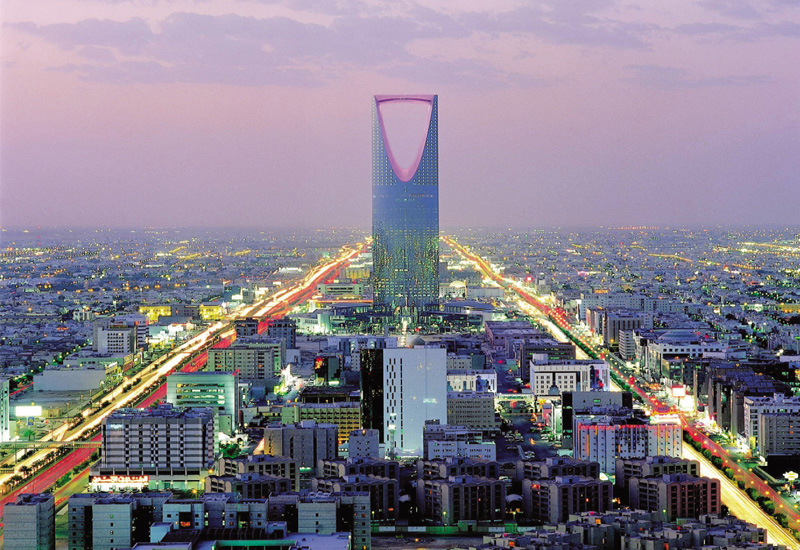Riyadh
While in winter the government is based in Riyadh along with corporate business pertaining to it, in the summer months it moves over to Jeddah. Additionally, Riyadh is viewed as the financial centre of the country while Jeddah has more trade and construction related business.
Although currently business travellers account for 14% of overall visitation to the Kingdom, the majority of this is to Riyadh.
According to a report by Colliers, as of November 2013, from a regional perspective Riyadh had achieved the strongest rates in a sample of the three preceding years as compared to Jeddah, Makkah, Madinah, Khobar and Damman. Riyadh maintained its lead despite ADR at the city’s hotels falling from 770 SAR (US $205) in 2001 to 750 SAR (US $200) in 2013.

| Advertisement |
In the other cities, excluding Makkah, ADR had increased, although it did not catch up with Riyadh.
TRI Hospitality Consulting senior consultant Christopher Hewett warns that while in comparison to the other cities in the country, Riyadh has been doing relatively well, the 38 hotels coming on line in the next three years may force a reduction in rates.
He comments: “I think Riyadh is the market that will face the biggest challenge. At the moment rates are dropping in the four- and five-star market and as new supply comes this year this will continue. With occupancy levels maintaining the same base point as 2013, one of the biggest challenges for accommodation providers will be not to get sucked into a rates war.”
Hilton Worldwide, with one operating hotel in Riyadh, has the biggest pipeline for 2015 in the city, with plans to open nine hotels. The company's vice president of operations KSA, Mahmoud Mokhtar explains that “Riyadh is a challenging market” and that three years ago the picture was very different, which is why lots of international companies decided to come to the city. He mentions that a number of unbranded properties with much lower rates adds to this challenge.
Discussing next year’s ambitious pipeline in the face of falling rates and stale occupancy levels, he says: “I believe it will be survival of the fittest and those that will be able to provide competitive rates and services and are able to attract different segments [will win]. Every international company decided to come to Riyadh and you also have unbranded hotels offering much lower rates”.
One of the key five-star luxury openings of 2014 is the Fairmont Riyadh, to be located strategically close to Saudi Arabia Basic Industries Corporation. Commenting on the new opening, Raki Philips, FRHI area director sales and marketing Middle East said: “With the exception of a few brands I think the Riyadh market lacks luxury hotels and we’re going to be a great completion to that. Other brands that have gone into the city have done phenomenally well”.
Hotels currently performing well in the city are maintaining optimism, such as the Four Seasons Riyadh, which has increased rates year on year and has recently undergone a refurbishment to ensure it is prepared to face the fierce competition coming on line.
Greg Pirkle, general manager of Four Seasons Riyadh, comments that although rates “may diminish slightly over the next few years", they won’t “come tumbling down”. Pirkle reveals that he is positive that demand will catch up with supply owing to abundance of infrastructure taking place: “There are a lot of things happening, we will fill the hotel rooms over time”.
Pirkle refers to the construction of the $22.5bn (SAR: 84.4bn) Riyadh Metro, which starts in the first quarter of 2014, as well as a five-year, $72mn redevelopment and expansion of the city’s King Khaled International Airport (KKIA) which will include terminals designed to give a future capacity of 30 million passengers annually.
Additionally, as part of the Landbridge project, the first rail link between the Red Sea and Gulf will involve the construction of a 950km track between Riyadh and Jeddah.
Article continues on next page ...









 Search our database of more than 2,700 industry companies
Search our database of more than 2,700 industry companies









